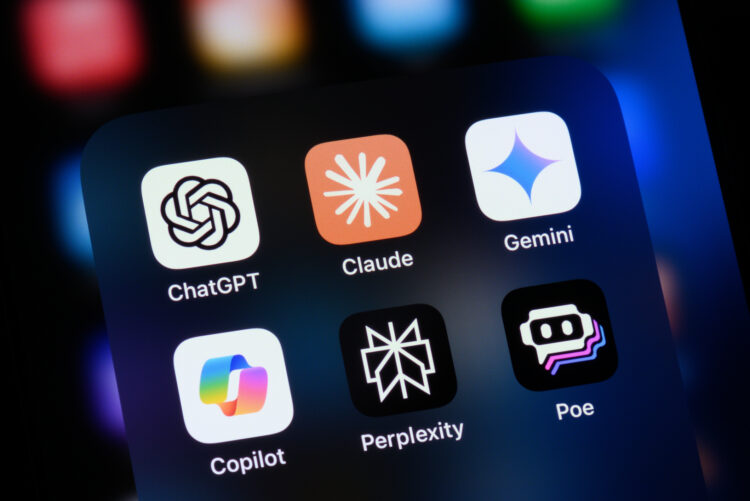UPDATE: A groundbreaking study released by the University of Washington confirms that biased AI chatbots can significantly sway political opinions with just a few interactions. Conducted on July 28, 2023, during the Association for Computational Linguistics conference in Vienna, Austria, the research highlights the urgent need to understand the influence of AI on public sentiment.
Researchers recruited 150 Republicans and 149 Democrats to gauge how three versions of ChatGPT—a neutral model, a liberal-biased model, and a conservative-biased model—impacted their political views. Participants were more likely to align with the bias of the chatbot they interacted with, demonstrating a profound and immediate effect on their opinions.
The study revealed that both Democrats and Republicans shifted their stances after interacting with the biased models. For instance, individuals who engaged with the liberal chatbot leaned further left, while those who spoke with the conservative version shifted right. This finding raises critical concerns about the potential for AI to manipulate political views rapidly.
Lead author Jillian Fisher, a doctoral student at the University of Washington, stated, “After just a few interactions, regardless of initial partisanship, people were more likely to mirror the model’s bias.” This emphasizes the pressing need for users to be aware of the biases inherent in AI technology.
Participants in the study were tasked with forming opinions on less-known political topics, such as the Lacey Act of 1900. Each was asked to rate their agreement with various statements before and after engaging with the chatbots. On average, they interacted with the AI models around five times.
The implications of this research are profound. As Katharina Reinecke, co-senior author and professor at the University of Washington, noted, “If you just interact with them for a few minutes and we already see this strong effect, what happens when people interact with them for years?” This raises urgent questions about the long-term effects of AI on political discourse and public opinion.
Moreover, researchers found that participants with higher self-reported knowledge of AI shifted their views less dramatically, suggesting that education about these systems could be a vital tool in mitigating manipulation. The team plans to investigate further into how education can empower users and to explore the long-term impacts of biased AI models beyond ChatGPT.
The study’s findings underscore the necessity for users to approach AI interactions with caution. “My hope with doing this research is not to scare people about these models,” Fisher added. “It’s to find ways to allow users to make informed decisions when they are interacting with them.”
As AI technology continues to evolve and permeate everyday life, understanding its influence on political opinions has never been more critical. The full effects of this research could shape future discussions on AI governance and ethical usage.
For more information, contact Jillian Fisher at [email protected] and Katharina Reinecke at [email protected]. Stay tuned for more urgent updates on this developing story.
